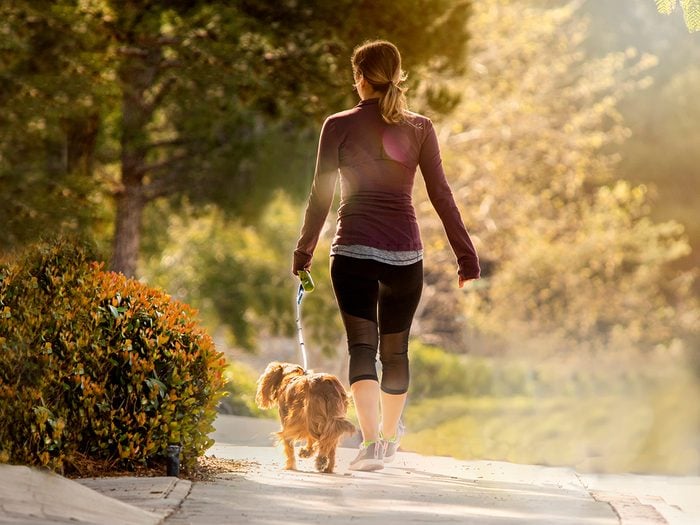
Daily Habits For Healthy Poops
Get active
You need to keep your body moving in order to keep your bowels moving. Regular physical activity, such as a brisk daily walk, can help prevent constipation. (Find out what happens to your body when you start walking 10,000 steps a day.) Overtraining is thought to cause bowel symptoms like flatulence and loose poops in some people, especially if they’re exercising intensely in a hot environment, but that’s rare.
Want to reduce the risk of “runner’s diarrhea,” possibly caused by alterations in intestinal hormone levels and blood flow, and the bouncing of internal organs? Avoid ibuprofen, energy bars and coffee before running, and wear loose clothing that doesn’t constrict your abdomen.
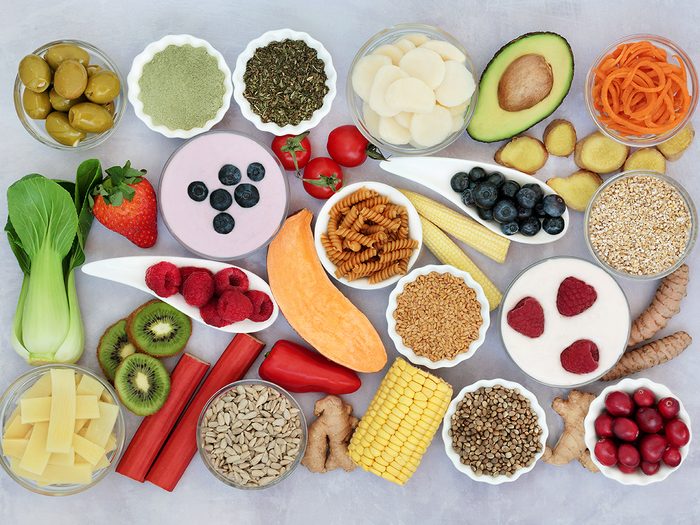
Boost your microbiome
You share your gastrointestinal tract with about 100 trillion microbes, and that’s a good thing; a diverse ecosystem makes for healthy poops. Some people take probiotic supplements to promote healthy bacteria, but these products typically contain only a handful of species. You’re more likely to encourage a diverse population—we’re talking thousands of species—by eating a variety of fibre-rich foods. Another way to build your bacteria: a fecal microbiota transplant (FMT) from a healthy person. This treatment helps people whose gut microbes have been wiped out after recurrent C. difficile infections, says Dr. Dina Kao, a University of Alberta gastroenterologist.
Find out more easy ways to improve your gut health.
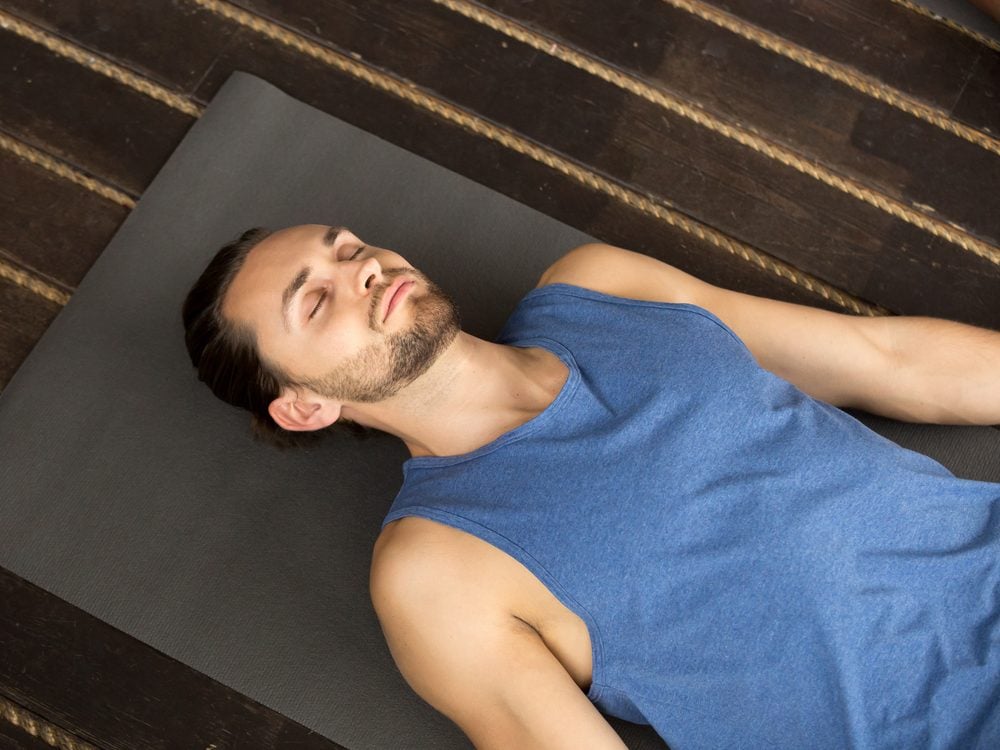
Encourage containment
Fecal incontinence—leakage of stool—can be prevented. In some cases, dietary changes to add more bulky fibre or reduce gas will help. If it’s caused by overstretched and weak muscles, a physiotherapist can show you pelvic floor exercises to strengthen them.
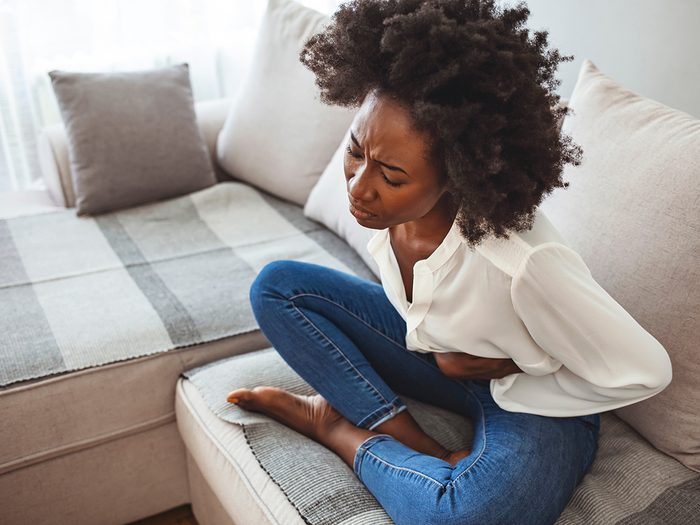
Keep calm and carry on
Stress has an impact on your poops. The gut literally has a mind of its own—it’s lined with millions of nerve cells that make up what’s known as the enteric nervous system—and it sends signals to the brain, and vice-versa. That’s why your feelings of anxiety can produce cramping and diarrhea. Conversely, research has found that psychological strategies to reduce stress can improve these bowel symptoms in people who have functional disorders like irritable bowel syndrome (IBS). Their brains are more sensitive to gut discomfort, and it’s heightened under stress.
Find out six sneaky things that can trigger IBS symptoms.

Understand hormonal shifts
Hormone fluctuations also seem to affect your gut. About half of premenopausal women who aren’t on birth control get constipation or diarrhea depending on where they are in their monthly cycle. Hormones during pregnancy serve to relax muscle contractions. “It may be a factor in why a lot of women get constipation in their third trimester,” says Dr. Geoffrey Turnbull, a gastroenterologist at Dalhousie University in Halifax.
Both men and women experience hormonal shifts as we get older, thought to be a potential influence on the decreasing diversity and robustness of our microbiome as we age. Unfortunately, these bacterial changes may weaken immunity and lower protection from the cognitive effects of aging.
Find out the best foods to make you poop.
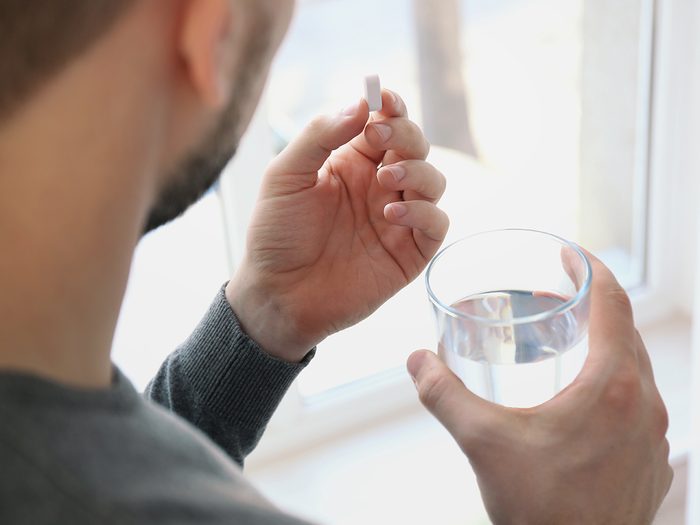
Keep an eye out for adverse effects
All kinds of drugs, from antidepressants to narcotics to blood pressure pills, list diarrhea or constipation among potential side effects. “If your medication is giving you bowel problems, talk to the doctor,” says Turnbull. “It’s probably best to try something else. With some medications you don’t have a lot of options, but there are often other drugs that can be used to offset the symptoms.”
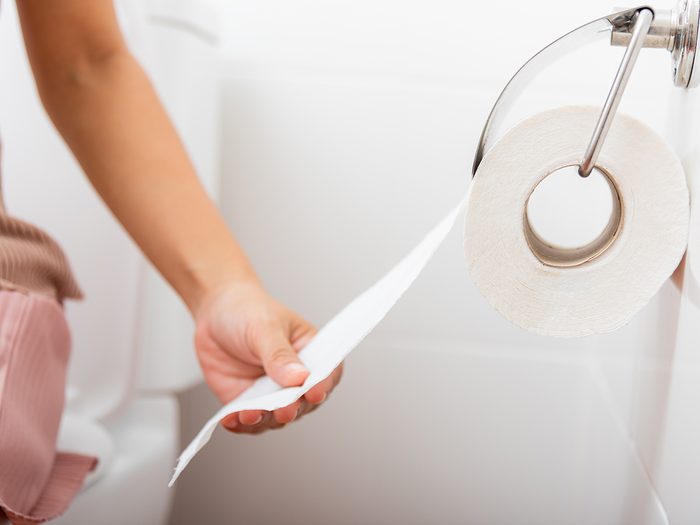
Try to keep it natural
Before resorting to drugstore laxatives to relieve constipation, consider lifestyle improvements such as increasing your fluid and fibre intake, getting more exercise and avoiding foods that plug you up. “If this doesn’t work, laxatives may be necessary, such as psyllium supplementation, stool softeners or polyethylene glycol,” says Dr. Carlo Fallone, a gastroenterologist at McGill University Health Centre in Montreal. “In general, one wants to avoid prolonged use of agents that can damage the colon, such as senna products.” Senna, made from the leaves and fruit of a plant, stimulates bowel activity. But eventually it can prevent your system from doing its job naturally and shouldn’t be used for more than a few days.
Now that you know how to achieve healthy poops, find out the best position to poop.